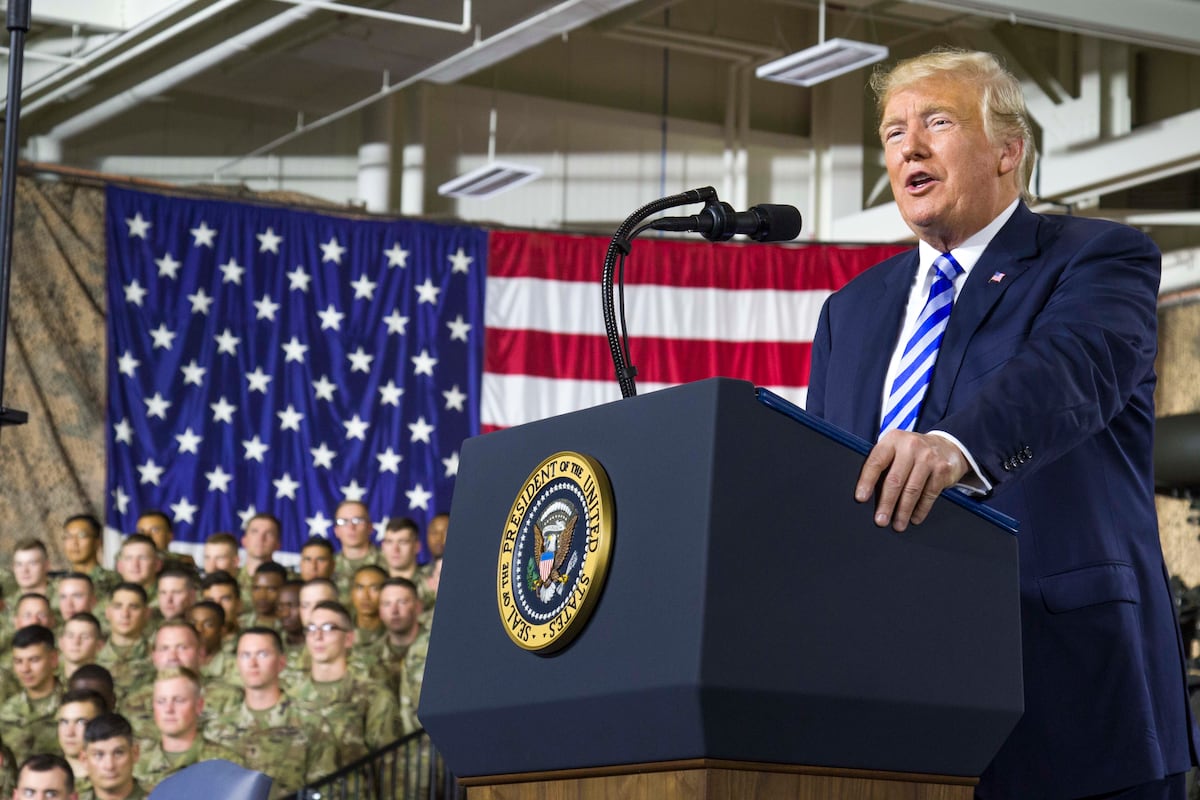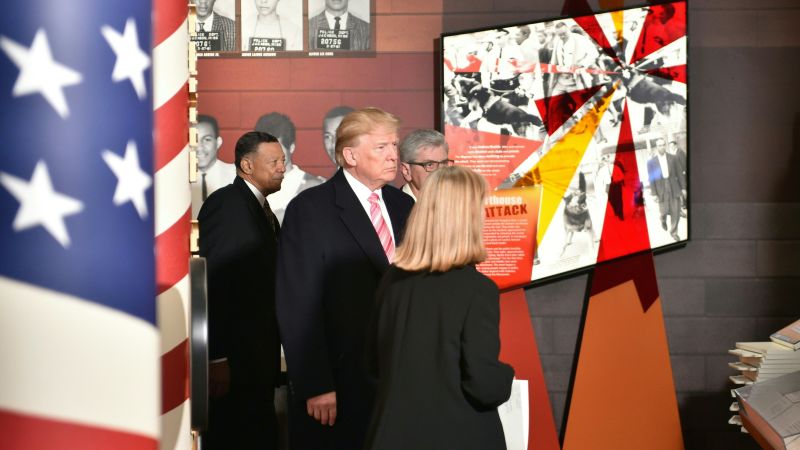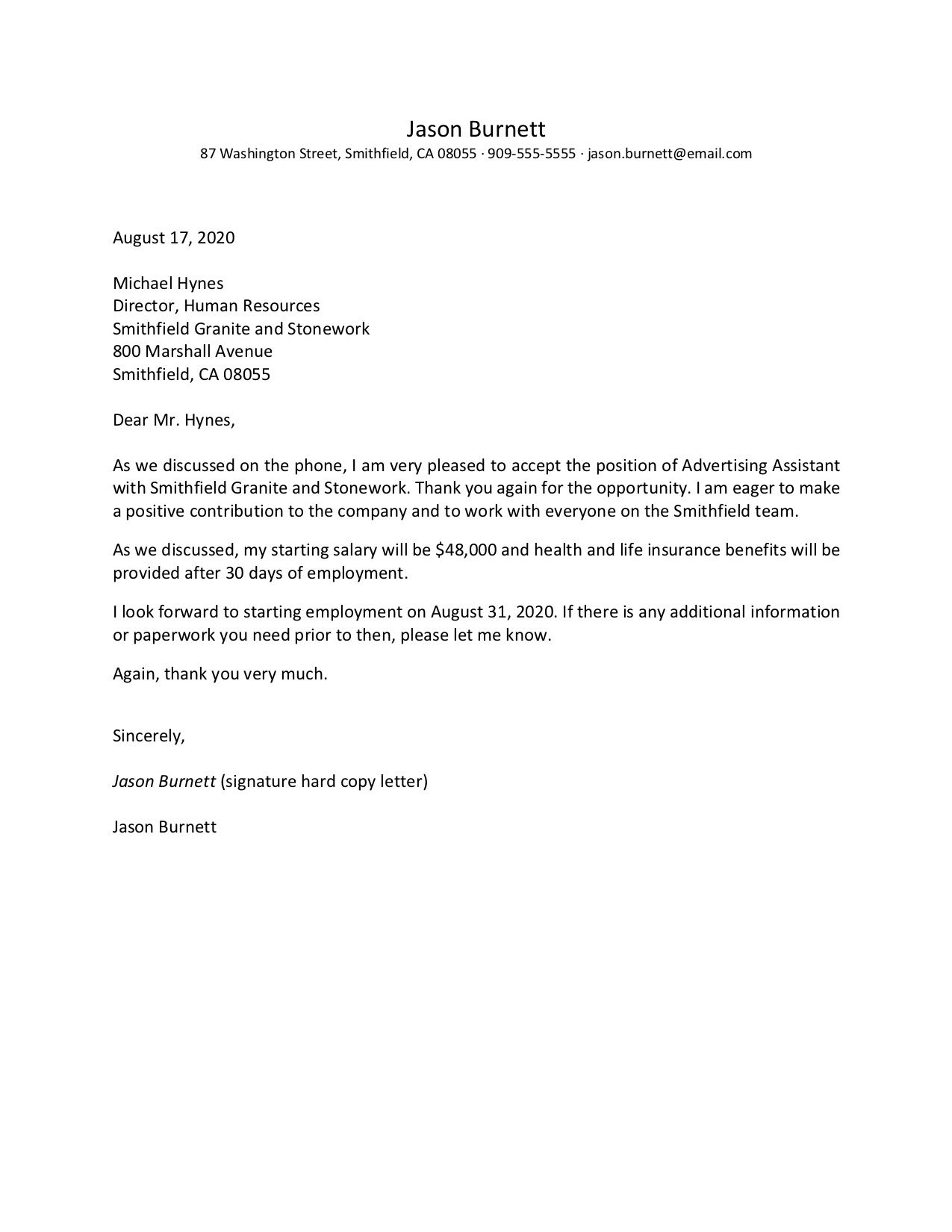The One Percent Budget Showdown: Clinton's Veto Threats Analyzed

Table of Contents
In the 1990s, President Bill Clinton engaged in a series of intense budget battles with Congress. His strategic use of the presidential veto, particularly concerning measures impacting the wealthiest Americans (frequently referred to as "the one percent"), significantly shaped American economic policy and political discourse. This article analyzes Clinton's veto threats during these budget showdowns, exploring their strategic implications and lasting impact. We'll examine how his approach to the "one percent" budget battles continues to resonate in contemporary political and economic debates.
The Political Context of the "One Percent" Budget Debates
The 1990s economic climate was characterized by a substantial national debt and intense debate over deficit reduction. Partisan divisions ran deep, creating significant hurdles for bipartisan cooperation on fiscal policy. Republicans generally favored tax cuts to stimulate economic growth, while Democrats often prioritized government spending on social programs and infrastructure. This fundamental disagreement shaped the "one percent" budget debates significantly.
- Rising national debt: The national debt grew considerably throughout the 1980s, creating a pressing need for fiscal responsibility.
- Debate over tax cuts vs. spending cuts: The central conflict revolved around whether tax cuts or spending cuts were the most effective approach to deficit reduction. Clinton's administration navigated this complex tension.
- Republican vs. Democratic approaches to fiscal policy: The differing philosophies between the two major parties led to protracted standoffs and increased the likelihood of veto threats.
- Influence of lobbyists and interest groups: Powerful lobbyists representing various economic interests actively participated in shaping the legislative process and influencing both parties' positions on taxation and spending.
Key Veto Threats and their Targets
Clinton frequently threatened to veto budget bills that he believed were unfair to middle- and lower-income Americans or that failed to adequately address the deficit. His veto threats often targeted provisions that favored tax cuts for high-income earners at the expense of social programs or necessary investments in infrastructure.
- Specific legislation and proposed tax rates: Several budget bills included proposed tax cuts that disproportionately benefited the wealthy. Clinton publicly opposed these, often citing the need for revenue to fund essential social programs.
- Analysis of the budgetary impact of the proposed changes: The proposed tax cuts, particularly those focused on the wealthiest Americans, would have significantly impacted the federal budget. Clinton's veto threats were designed to prevent these fiscal changes.
- Public reaction to Clinton's stance: Public opinion was divided. While some supported Clinton's efforts to protect social programs, others criticized his perceived opposition to tax cuts for the wealthy.
- Media coverage and political commentary at the time: The media extensively covered these budget battles, highlighting the partisan divisions and the implications of Clinton's veto threats. The coverage significantly shaped public opinion.
Strategic Implications of Clinton's Veto Threats
Clinton's veto strategy was a high-stakes gamble. While it risked further partisan gridlock, it also allowed him to project an image of fiscal responsibility and a commitment to protecting the interests of the middle class. His approach demonstrates a masterful understanding of political strategy, leveraging his veto power for negotiation.
- Negotiation tactics and compromises reached: Clinton's veto threats frequently served as leverage during negotiations, often leading to bipartisan compromises that incorporated some of his priorities.
- Successes and failures of the veto strategy: While some veto threats were successful in altering legislation, others led to prolonged stalemates. The effectiveness varied case by case.
- Long-term effects on the political landscape: Clinton's approach significantly impacted subsequent administrations' approaches to budget negotiations.
- Shift in public opinion towards taxation and government spending: The "one percent" budget showdowns shifted public discourse surrounding taxation and government spending, influencing future political and economic policy.
The Legacy of Clinton's Budgetary Battles
Clinton's budget battles left a lasting legacy. His willingness to use the veto power to protect social programs and address income inequality set a precedent for future administrations and continues to resonate in contemporary discussions surrounding fiscal policy and income inequality.
- Lessons learned from Clinton's approach: His skillful use of the veto as a negotiation tool and his focus on addressing the deficit offer valuable lessons for political leaders.
- Comparisons to other instances of presidential vetoes: Clinton's use of the veto in these budget battles can be compared to other significant presidential vetoes throughout American history, highlighting the varying degrees of success and political impact.
- Contemporary relevance of Clinton's budgetary decisions: The debates surrounding income inequality and tax policy remain highly relevant today, making Clinton's approach particularly insightful for understanding current political and economic challenges.
Conclusion
This analysis of Clinton’s veto threats during the "one percent" budget showdown reveals a pivotal moment in American economic and political history. His strategic use of the presidential veto, targeting legislation perceived as unfairly benefiting the wealthy, profoundly impacted the political landscape and shaped subsequent budget debates. The legacy of these battles continues to inform contemporary discussions regarding income inequality and fiscal policy. Further research into the specifics of Clinton's vetoes and their lasting impact on "one percent" tax policy is crucial for understanding modern political and economic debates. To delve deeper into the intricacies of the Clinton vetoes and their impact on the "one percent," further research is strongly encouraged. Understanding this pivotal period helps to better grasp current political and economic discussions.

Featured Posts
-
 Nayuspishnishi Finansovi Kompaniyi Ukrayini U 2024 Analiz Dokhodiv
May 23, 2025
Nayuspishnishi Finansovi Kompaniyi Ukrayini U 2024 Analiz Dokhodiv
May 23, 2025 -
 James Wiltshire Reflecting On A Decade Of Photography At The Border Mail
May 23, 2025
James Wiltshire Reflecting On A Decade Of Photography At The Border Mail
May 23, 2025 -
 Pound Strengthens As Traders Reduce Boe Rate Cut Expectations Following Uk Inflation Report
May 23, 2025
Pound Strengthens As Traders Reduce Boe Rate Cut Expectations Following Uk Inflation Report
May 23, 2025 -
 Donde Ver El Mexico Vs Panama Final De La Liga De Naciones Concacaf
May 23, 2025
Donde Ver El Mexico Vs Panama Final De La Liga De Naciones Concacaf
May 23, 2025 -
 Succession Sky Atlantic Hd Where To Watch And What To Expect
May 23, 2025
Succession Sky Atlantic Hd Where To Watch And What To Expect
May 23, 2025
Latest Posts
-
 Are Museum Programs History After Trumps Cuts A Look At The Impact
May 23, 2025
Are Museum Programs History After Trumps Cuts A Look At The Impact
May 23, 2025 -
 Museum Funding Under Trump Examining The Consequences
May 23, 2025
Museum Funding Under Trump Examining The Consequences
May 23, 2025 -
 The Impact Of Trumps Cuts On Museum Funding And Programming
May 23, 2025
The Impact Of Trumps Cuts On Museum Funding And Programming
May 23, 2025 -
 Revolutionizing Voice Assistant Development Open Ais 2024 Announcements
May 23, 2025
Revolutionizing Voice Assistant Development Open Ais 2024 Announcements
May 23, 2025 -
 Responding To A Best And Final Job Offer A Guide To Negotiation
May 23, 2025
Responding To A Best And Final Job Offer A Guide To Negotiation
May 23, 2025
